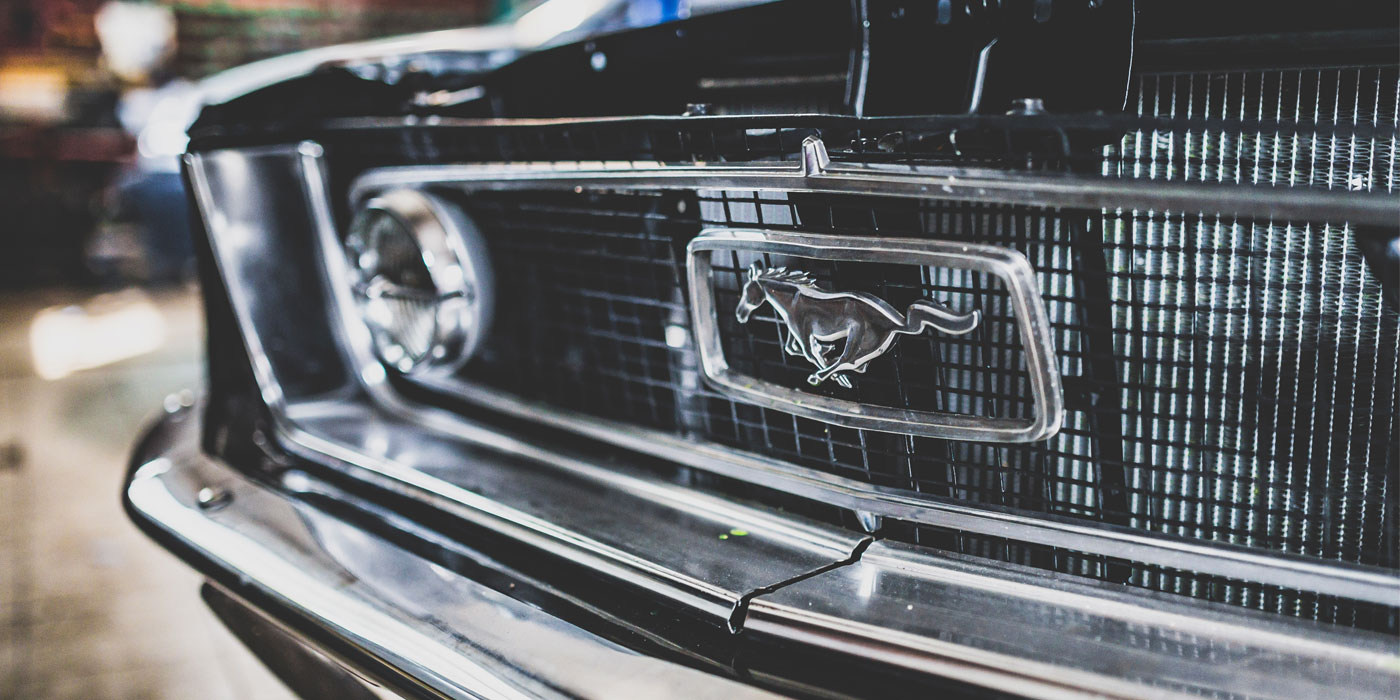There are people out there interested in running their own car broker service. The only issue is that they lack the necessary knowledge. Ours is a business that can help you here. We can do so by supplying our Car Broker Business Package. It’s a comprehensive suite of learning modules that will teach you all you need to learn.
 There’s a lot to get right with used cars, including choosing the right kind of oil. This is essential to keep your engine running smoothly for years. Oil functions as the lifeblood of engines. So, utilising the manufacturer’s recommended formulation and grade is integral for maximising performance and stopping unnecessary wear.
There’s a lot to get right with used cars, including choosing the right kind of oil. This is essential to keep your engine running smoothly for years. Oil functions as the lifeblood of engines. So, utilising the manufacturer’s recommended formulation and grade is integral for maximising performance and stopping unnecessary wear.
Three main engine oil categories exist. They are synthetic blends, full synthetics, and conventional. By understanding the differences between them, you can choose the best one for your needs. Your driving habits are also important.
Conventional oil
These are refined from crude oils and make up the most available engine lubricants. They hold basic additives to aid in lowering engine wear as well as augmenting performance. Conventional variants work best for standard driving conditions. You will find that there is a balance between protection and affordability. Manufacturers recommend these oils for motors possessing more than 75,000 miles that need basic lubrication.
Synthetic blend oils
These combine conventional mineral oil with synthetic ones. Usually, they do so at a 70/30 ratio. The synthetic component permits the oil to flow better within cold settings. This is while it keeps the lubricating characteristics of classic oil.
Synthetic oil blends supply many advantages over conventional ones. Examples are reduced engine wear as well as better fuel economy. The oil works well for extreme climate conditions, regular short trips, and stop-and-go driving. Automakers recommend utilising synthetics for newer engines because they improve durability and performance. Speak to us if you want to start your own car broker service.
Full synthetic oils
These are the premium oil option. Full synthetics are chemically engineered using synthetic base oils instead of crude. The higher quality molecular structure enables them to put up with far higher temperatures without breaking down. Plus they flow better in cold settings. They come with greater protection against corrosion and deposits. This is the case even with severe driving routines.
Full synthetics come with the most recent additive packages. So, they offer exceptional wear control, more horsepower, and lower friction. They have a higher upfront cost, but their superior endurance tends to make them more cost efficient oils in the long term. You’re better off using full synthetics for high performance motors, extreme driving, and engines over 75,000 miles.
Nanotechnology and engine-specific oil
Advancements in nanotechnology have resulted in oils reinforced with small nanoparticles. These can lower wear and friction considerably. Such nano-oils offer even more protection for high performance motors. What’s more, oil manufacturers have begun tailoring formulas for particular engine types. Examples include high-mileage, hybrid, and turbocharged motors. Such bespoke oils come with additives that target the distinct needs of modern engines. These could be preventing conditioning seals in ageing engines or sludge in turbos.
More environmentally friendly lower viscosity variants have also been developed. They lower emissions, meet greener policies, and satisfy customer demands. Custom blending and technological advancements are taking engine oil performance to new heights.
When you need to choose the right oil for your car, begin by looking at the owner’s manual. Find out the manufacturer’s recommendation. Automakers suggest performance standards and oil weights developed by API or SAE International. Such recommendations account for normal operating conditions, oil circulation systems, and engine designs. Whether you buy from a dealer, a private seller, or choose a car broker service, you should think about whether the vehicle has been using the right kind of oil.
Driving habits and climates
Something else you will want to consider is the climate and your driving habits. Synthetic blends and full synthetics are perfect for stop-and-go traffic and heavy loads. They are also best for extreme cold or hot weather and frequent short trips.
Let’s say you mainly drive on the motorway and have longer drives in moderate weather. Here, conventional oil will do. However, higher mileage engines possessing over 75,000 miles can take advantage of the protection from synthetic blends. Or, full synthetics can help them prevent leaks, and reverse wear and tear.
Ensure you change your oil frequently within the recommended interval too. This tends to fall between 3,000 and 10,000 miles. In addition, watch out for viscosity levels. Oil thins with high engine temperatures. By picking the proper grade and formulation, and then changing oil regularly, you can keep things running smoothly for years.
Learn from us if you want to offer a car broker service
At Auto Car Brokers, the learning tools we provide allow you to be up and running with your new business quickly. This is because they’re based on our own success within the industry. You can take the knowledge we’ve gained and use it to begin your own journey.
So, if you want to start running your own car broker service, consider our products or give us a call to learn more.







